In December, the National Association of State Boards of Accountancy (NASBA) announced 2019 CPA exam pass rates. UT Austin trailblazed its way to the top of the list for first-time test takers at large collegiate programs (60 or more test takers). Read on to learn more about how the current exam is scored, test-taker outcomes, and upcoming changes to the exam.

The CPA exam is a 16 hour assessment divided into four sections: Auditing and Attestation (AUD), Business Environment and Concepts (BEC), Financial Accounting and Reporting (FAR), and Regulation (REG).
In 55 jurisdictions nationally (50 states and five U.S. territories), nearly 83,000 candidates took the CPA exam in 2019. Of these candidates, approximately 63,000 were first-time test takers and close to 23,000 passed either all parts or the final section of the exam.
In 2019, UT Austin had 358 first-time candidates sit for the exam; 89.5% passed all parts on that first try – an exceptionally high percentage. For all 2019 test takers, UT Austin had an impressive pass rate of 83%. This compares to a 54% pass rate for all test takers at all other Texas colleges and universities – go ‘Horns!
How is the exam scored? And, what contributes to our students’ impressive performance?
For each section of the CPA exam, a candidate’s score can range from 0 to 99. To pass a section, the candidate must score a 75 or better.
A candidate’s total score on each of the AUD, FAR, and REG sections is a weighted combination of scaled scores on multiple-choice questions and task-based simulations. For the BEC section, the total score is a weighted combination of scaled scores on multiple-choice, task-based, and written communication questions.
Scaled scores are calculated using formulas that take into consideration both whether the question was answered correctly and level of difficulty. For multiple-choice questions, the exam employs a multi-stage adaptive test delivery model, meaning that the first question is moderately difficult, and the next question will be as or slightly more difficult, based on the candidate’s answer to the previous question. (This adaptive model is not used for task-based simulations or written communications.)
This system allows the candidate’s proficiency level to be measured more accurately. Answering a challenging question incorrectly doesn’t necessarily penalize the test taker in the same way as answering a less-difficult question incorrectly. Scaled scores make it possible to standardize exam results so that the results from different sets of questions are comparable.
The three institutions that oversee the CPA exam include the AICPA, NASBA, and Prometric, the organization that offers the exam at its authorized centers. Other than the written portions of the exam that are graded by humans, CPA exam scoring is completely automated. Candidate responses go through multiple quality assurance reviews to ensure scoring accuracy.
What contributes to our students’ outstanding performance? It’s difficult to say with certainty, but we like to think it’s a combination of the high-caliber students in our program and the rigorous courses that provide them with a solid accounting foundation. As was mentioned in our fall edition, no university has had 12 Sells Award winners in a single year – ever. Professor Ross Jennings likely summed it up best when he said, “The secret to our success isn’t much of a secret. Our students are interested in learning and we have faculty interested in teaching them.”
In considering the importance of the CPA exam, Chad Libertus (MPA ’94), a KPMG tax partner, observed that in many professional-service firms, including at KPMG, people drive the firm’s success. He noted that KPMG “empowers our professionals to own their careers and proactively develop the skills and knowledge to help them succeed, which includes taking the CPA exam and getting a CPA license.” In Chad’s opinion, obtaining this important credential demonstrates that a professional has the skills, knowledge, and foundation to be a strategic business advisor who can provide valuable client service. It also showcases the ability to think critically and strategically, which should allow for solving a wide range of challenges in order to deliver a better client experience.
Beginning in 2024, as part of its CPA Evolution project, the AICPA expects to offer a redesigned CPA exam. The revised exam will emphasize understanding business processes and data analytics and deemphasize topics that a newly licensed CPA would not be expected to know. Testing on the material in the updated blueprints for the exam is scheduled to begin in July 2021, with the final redesign completed by January 2023, and the new format launched in January 2024. Candidates still will be tested in the AUD, BEC, FAR and REG format; the refresh in topic coverage and emphasis is intended to maintain the relevance of the exam to our changing profession. We expect that our students will continue to perform well on the redesigned exam and that our Sells Award record will be tough to beat for years to come.
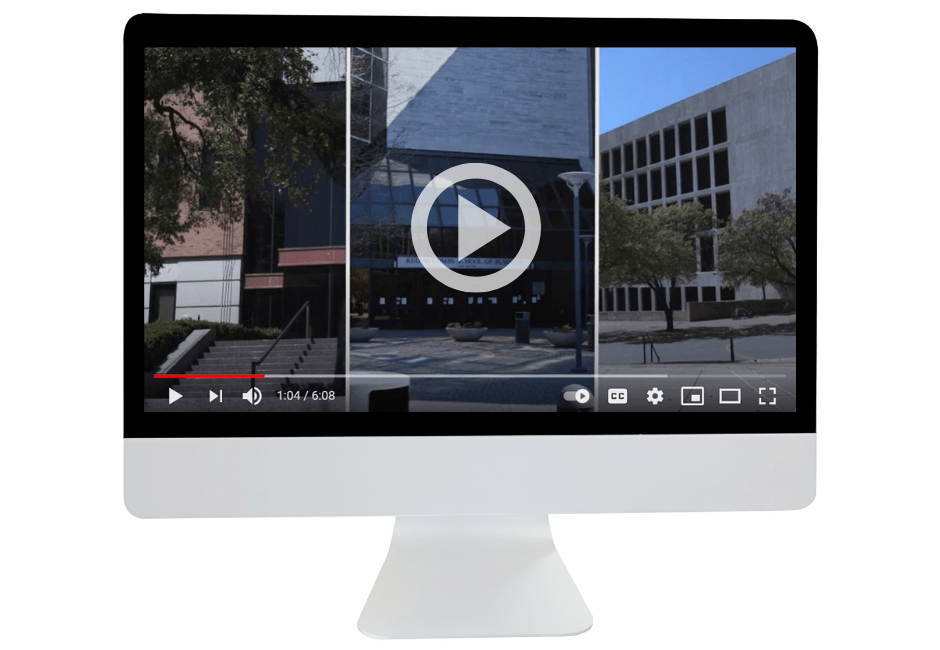
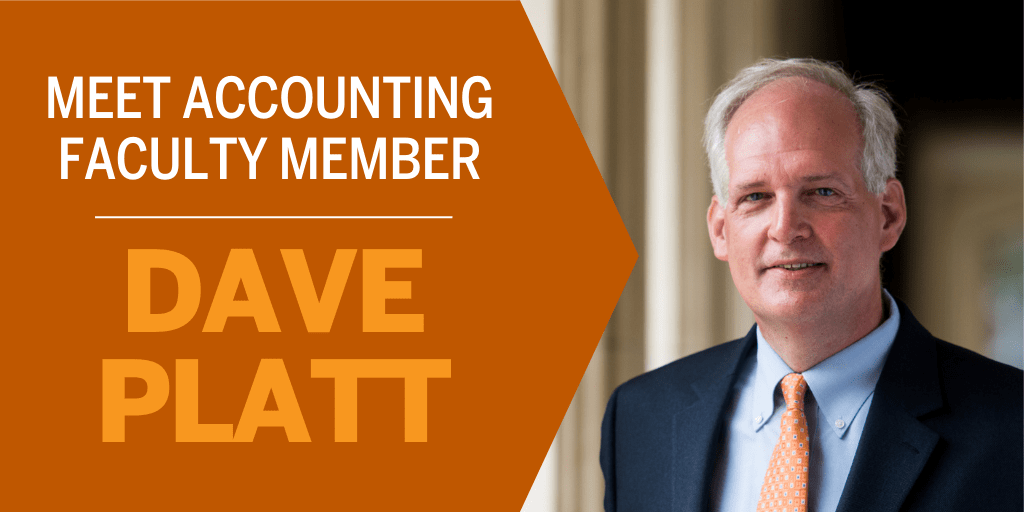

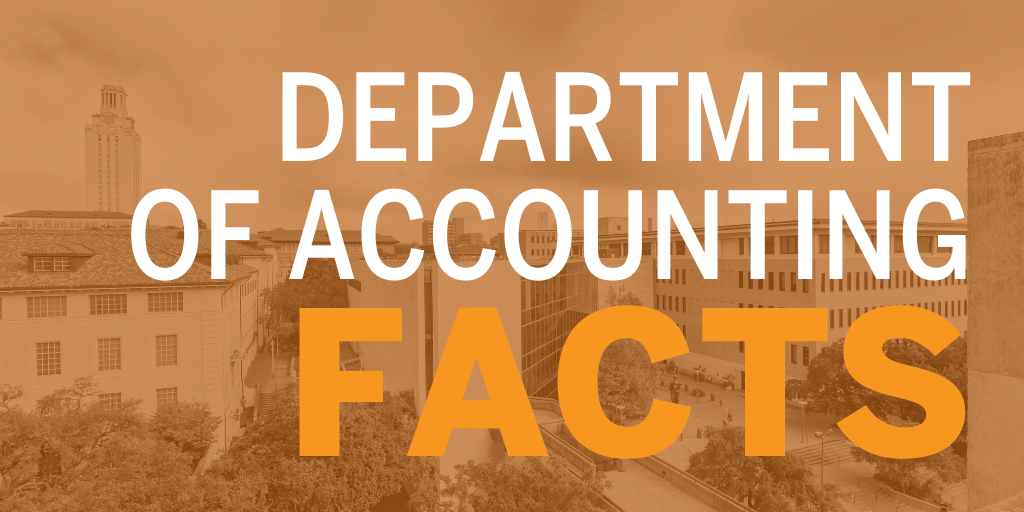
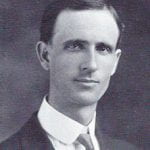
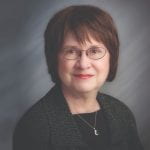
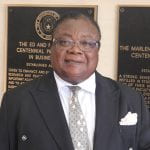
 TELL US MORE ABOUT YOUR CAREER AT GE.
TELL US MORE ABOUT YOUR CAREER AT GE.
 SHERYLL COX, Senior Academic Advisor
SHERYLL COX, Senior Academic Advisor EMILY STROMAN, Associate Academic Advisor
EMILY STROMAN, Associate Academic Advisor JASON TASSET, Director of Academic Services
JASON TASSET, Director of Academic Services

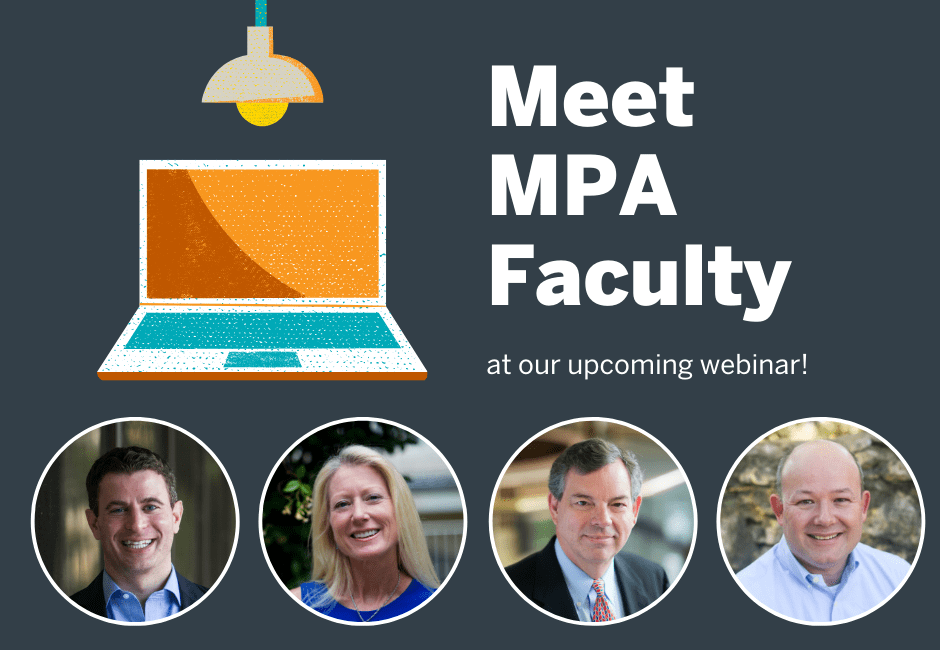
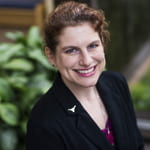 Jo Chauvin, MPA Sr. Career Coach
Jo Chauvin, MPA Sr. Career Coach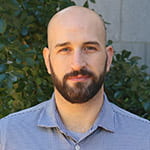 Dom Serra, MPA Career Coach
Dom Serra, MPA Career Coach